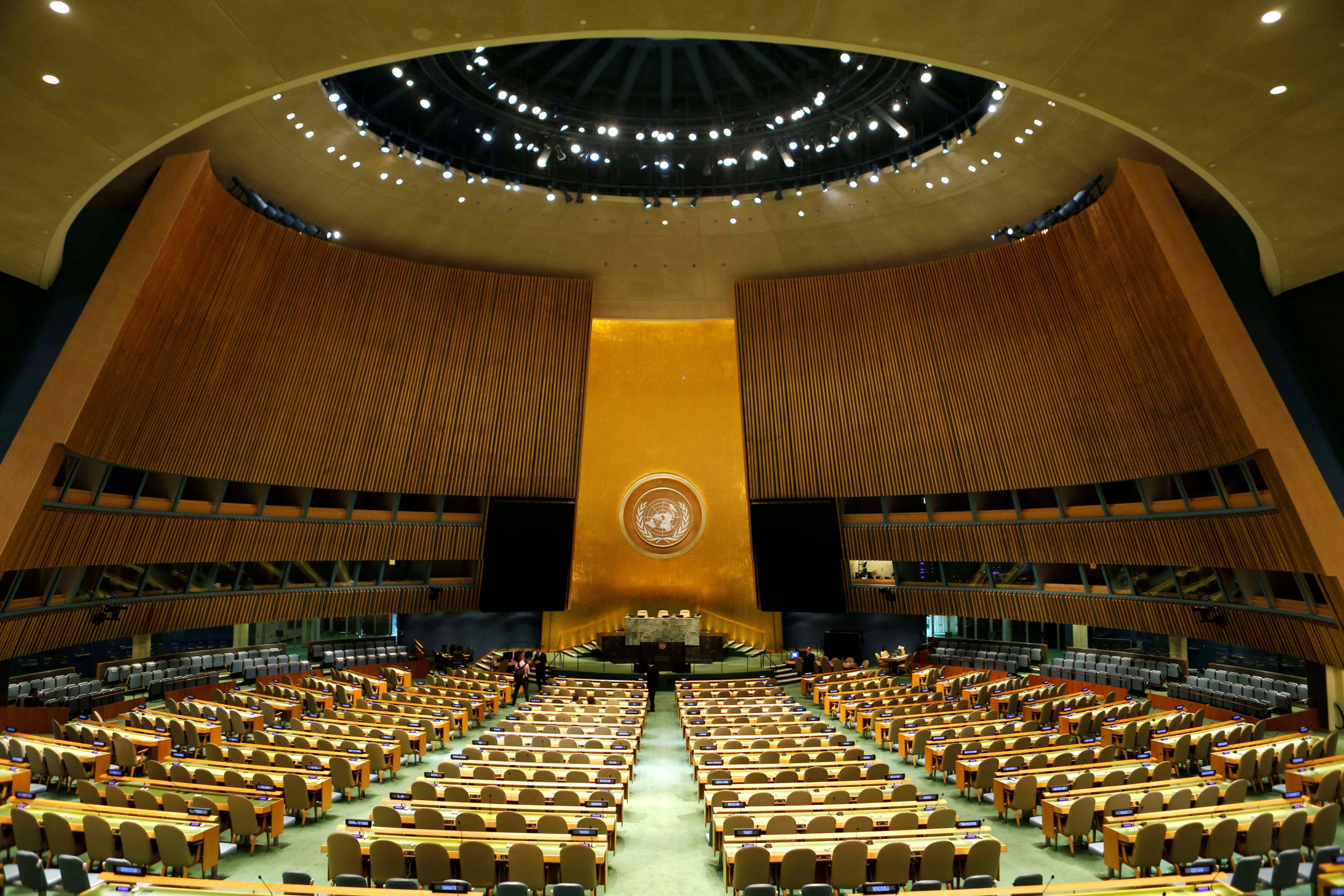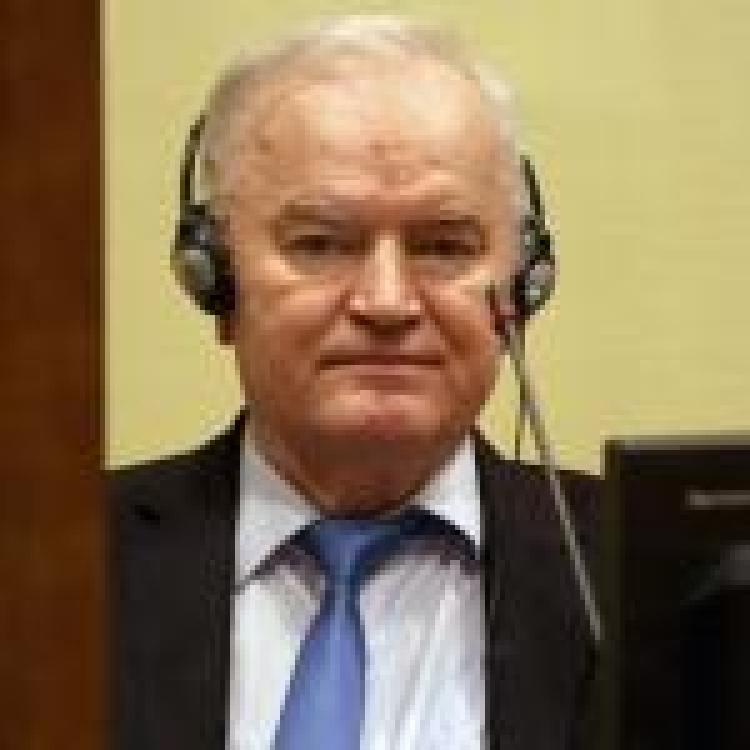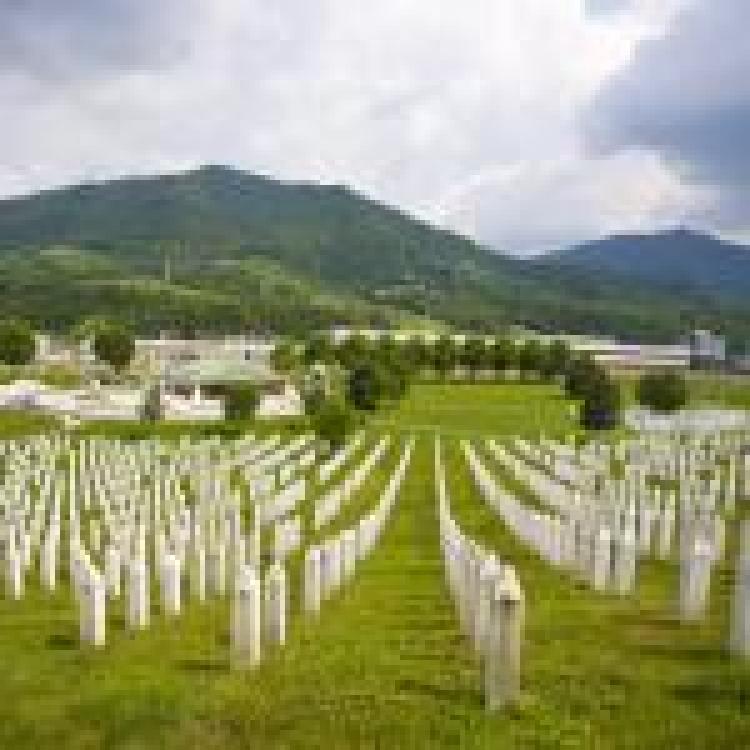
A draft UN resolution that declares July 11 "The International Day of Reflection and Remembrance of the 1995 Srebrenica Genocide" will be submitted to the UN Assembly for scrutiny on April 17 and is to be voted by the 193 member states of UN General Assembly on May 2.
Although the full details of the proposed document are not available yet, it has provoked fierce Serbian reactions, both from the Bosnian Serbs of the Republika Srpska and the authorities in Belgrade.
At least 8,372 unarmed men and boys were slaughtered by Bosnian Serb forces in Srebrenica over 10 days in July 1995. The execution sites ranged from a warehouse to an earthen pit and were carried out in internationally designated “safe areas” meant to be protected by UN peacekeepers. But they looked the other way as they were quickly overrun by Bosnian Serb forces.
The baseline draft text to formally authorize the Srebrenica commemoration through a General Assembly vote, slated to happen in early May, is circulating among member states. On April 17, a private presentation to member states will be held at the UN, led by Germany and Rwanda, who initiated the cause to officially honor the genocide. The official commemoration will close the gap for the two prosecuted genocides — Rwanda and Srebrenica — that were carried out in the 1990s, as one diplomat put it.
The General Assembly draft text, seen by PassBlue, will designate July 11 as the International Day of Reflection and Commemoration, starting in 2025, coinciding with the 30th anniversary of the genocide in Srebrenica. The draft condemns genocide denial and the glorification of people convicted of war crimes, crimes against humanity and genocide.
The resolution is partly modeled after the General Assembly resolution establishing the International Day of Reflection on the 1994 Genocide against the Tutsis in Rwanda. It is supported by a cross-regional group that includes Albania, Bosnia and Herzegovina, Chile, Finland, France, Germany, Ireland, Italy, Jordan, Liechtenstein, Malaysia, Netherlands, New Zealand, Rwanda, Slovenia, Türkiye and the United States.
The nationalist-conservative Serbian President, Aleksandar Vucic, took issue with the procedure of approving the resolution, which is to be voted by the UN Assembly and not by the UN Security Council. According to President Vucic the Security Council is more politically appropriate when it comes to the Bosnian affairs:
"It is an obligation that the United Nations Security Council deal with the issue of Bosnia and Herzegovina because it is still an unstable region. I am saying this because they want to shift the vote from the Security Council to the United Nations General Assembly" said the Serbian president concluding that "the preservation of peace is not just a memory's culture issue".
Unlike resolutions that pass through the General Assembly, a Security Council resolution can be vetoed by just one member. Serbia often relies on Russia as a vetoing force.
The first genocide conviction, against Radislav Krstic, a Bosnian Serb army officer, was handed down in August 2001. He was convicted for his role in the massacre of “over 7,500 Bosnian Muslim men and boys in Srebrenica in July 1995,” the ICTY website says.
Theodor Meron, who was president of the tribunal when the genocide judgment was made against Krstic and who served on the appeals chamber of the court, told PassBlue that he was “strongly in favor” of an official commemoration.
During the tribunal’s mandate, from 1993 to 2017, the court’s website says that “it irreversibly changed the landscape of international humanitarian law, provided victims an opportunity to voice the horrors they witnessed and experienced, and proved that those suspected of bearing the greatest responsibility for atrocities committed during armed conflicts can be called to account.”
Two other high-profile cases resulted in convictions. Radovan Karadzic, the first president, from 1992 to 1995, of Republika Srpska, one of the two entities making up Bosnia, was sentenced to life in prison by the tribunal for the Srebrenica genocide and crimes against humanity. He is carrying out his sentence in a British jail.



